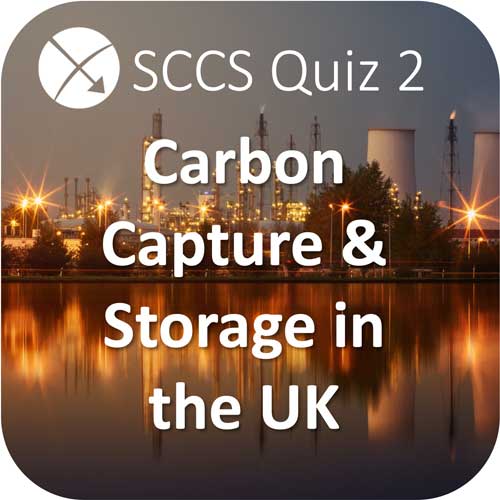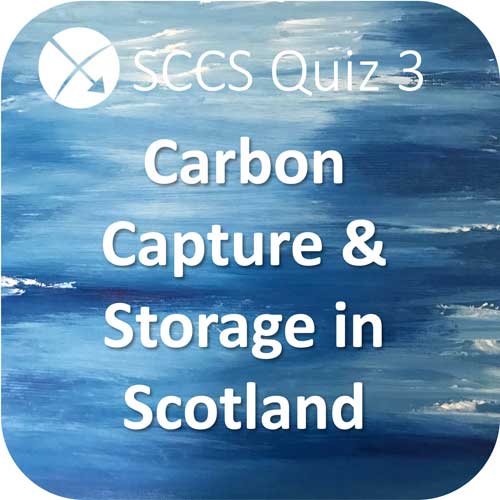What is CCS?
Carbon capture and storage, or CCS, traps carbon dioxide (CO2) from industrial facilities and transports it in liquid form for permanent storage in geology deep below the Earth’s surface. In some cases, the same rocks used for CO2 storage are where the carbon came from in the first place, in the form of oil and gas. Projects are already operating around the world and more are in the pipeline. By 2050, CCS could be storing 10-30 billion tonnes of CO2 a year. Carbon capture and utilisation, or CCU, refers to the use of captured CO2 by different industries to make useful products, such as synthetic fuels or building materials. Collectively, these technologies are known as CCUS.
Find out more from the digital resources on these web pages then test your CCS knowledge with our quizzes below. Good luck!








